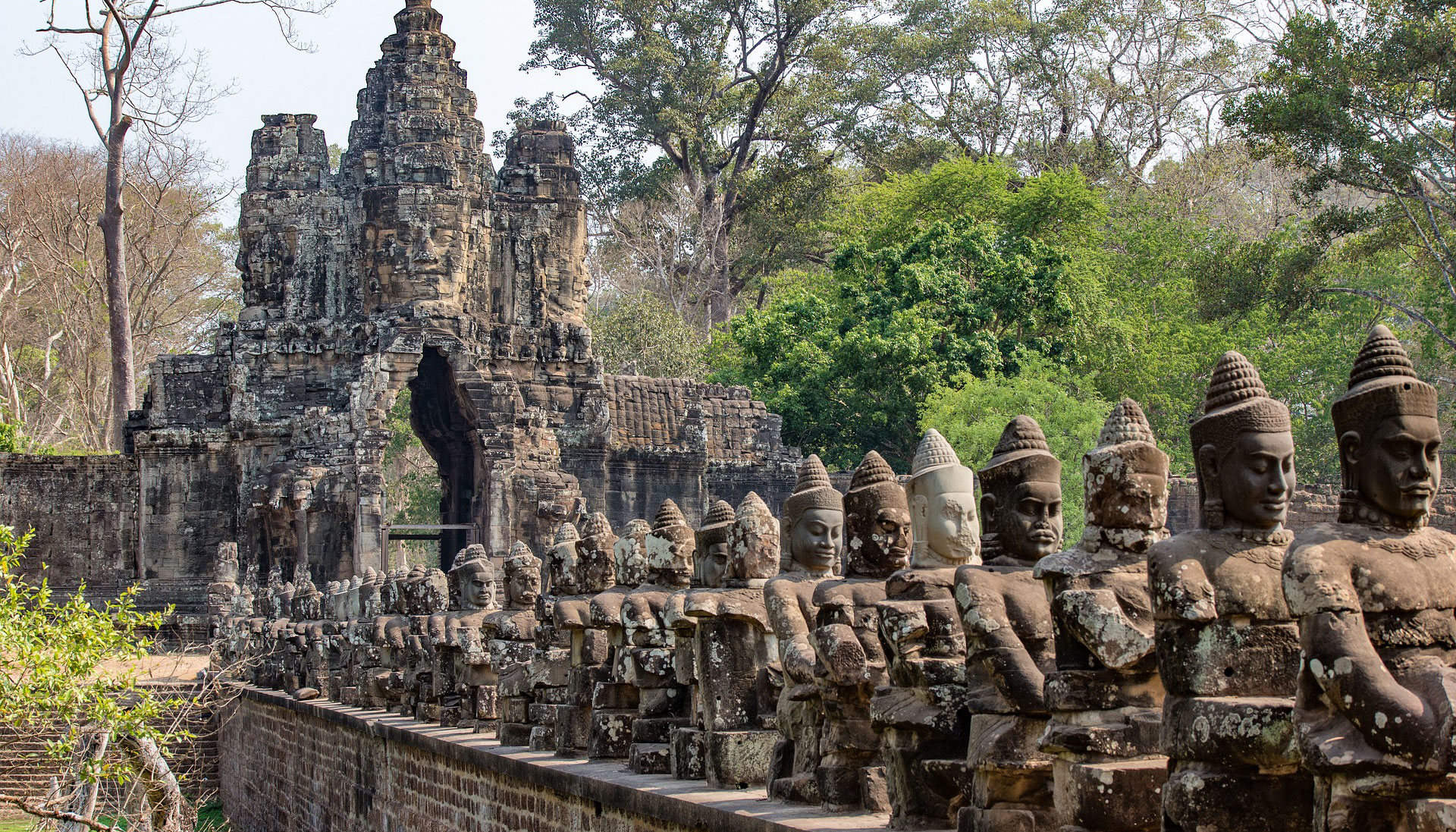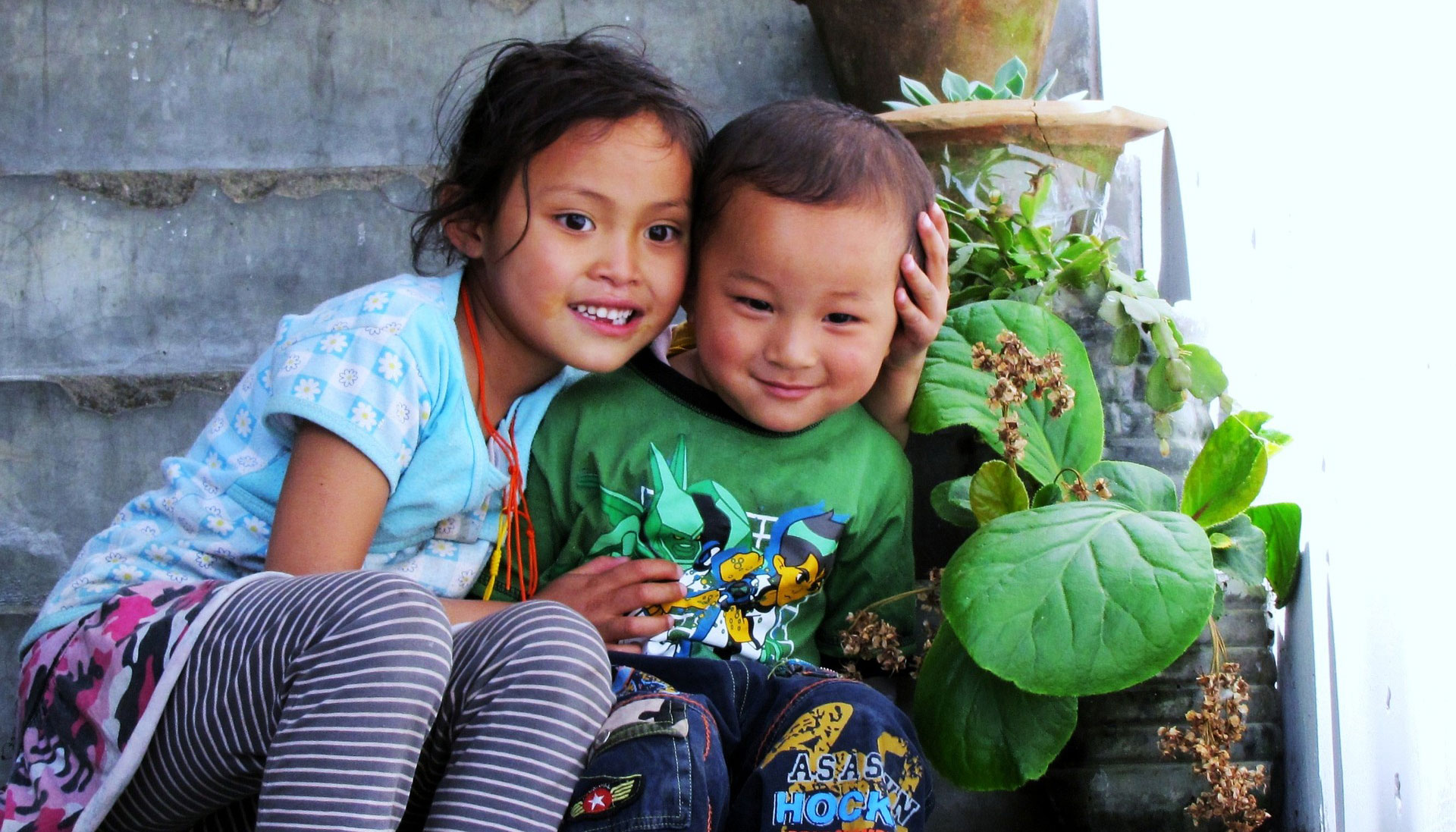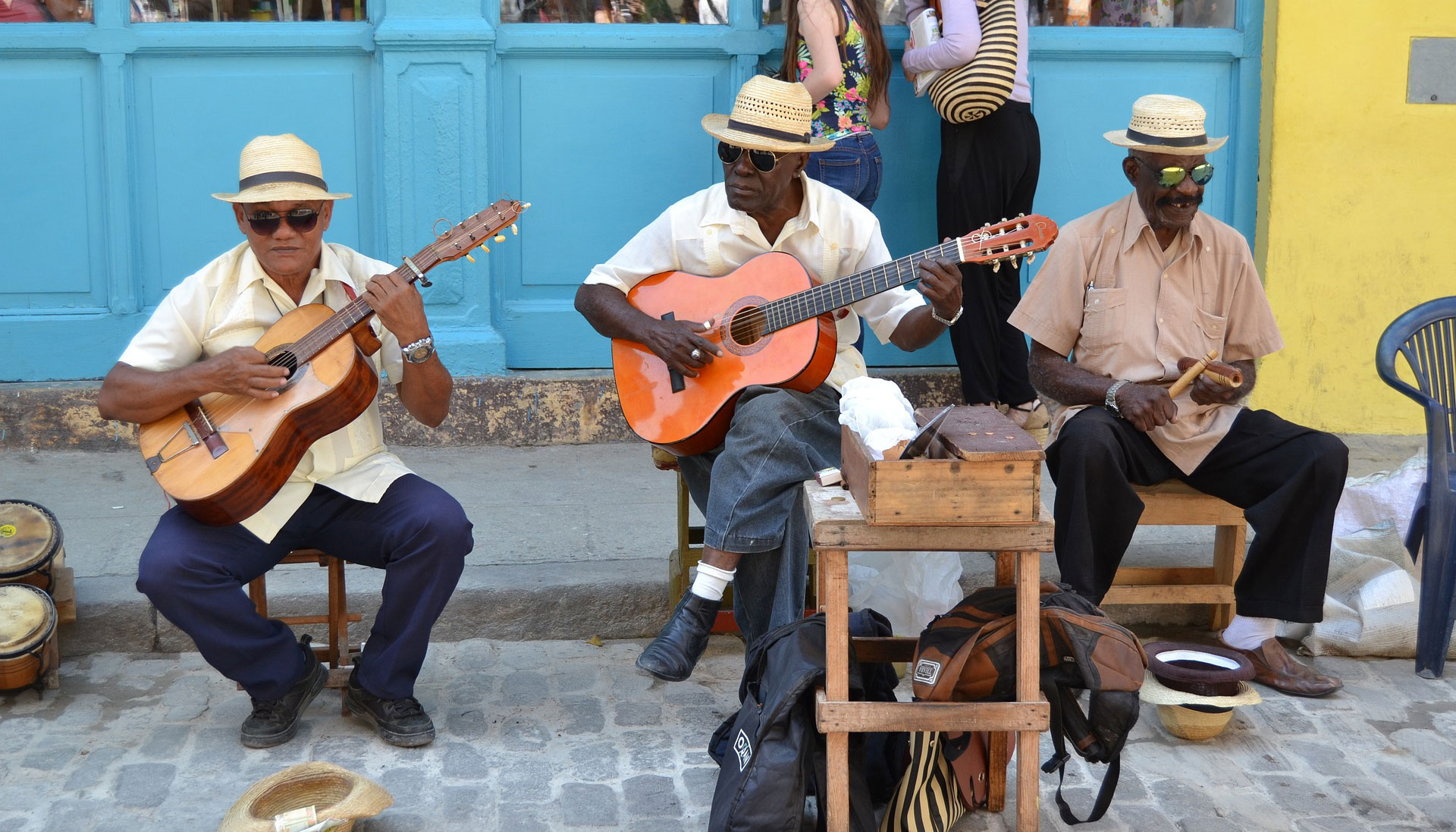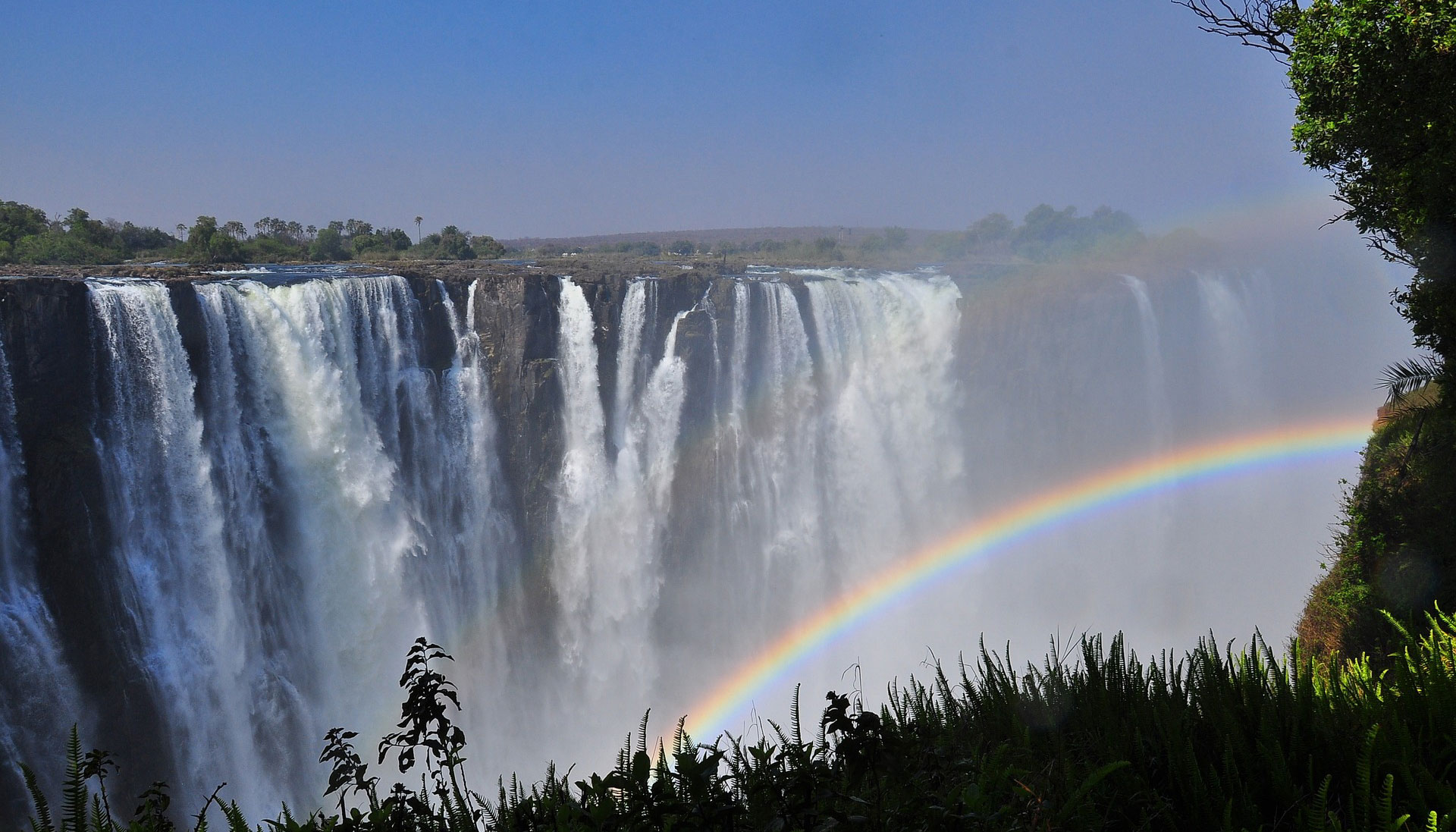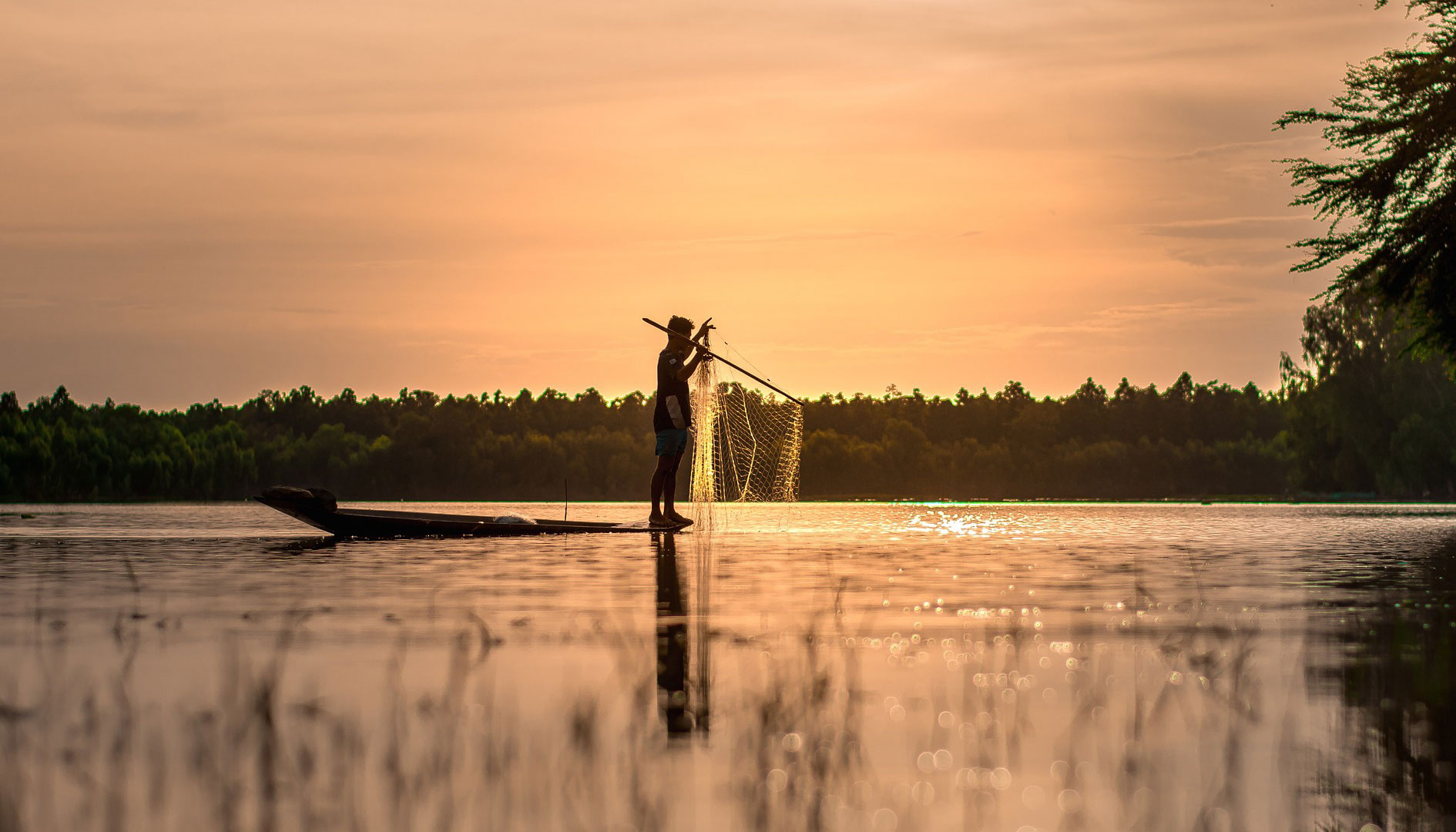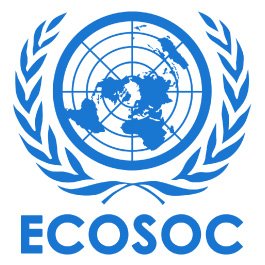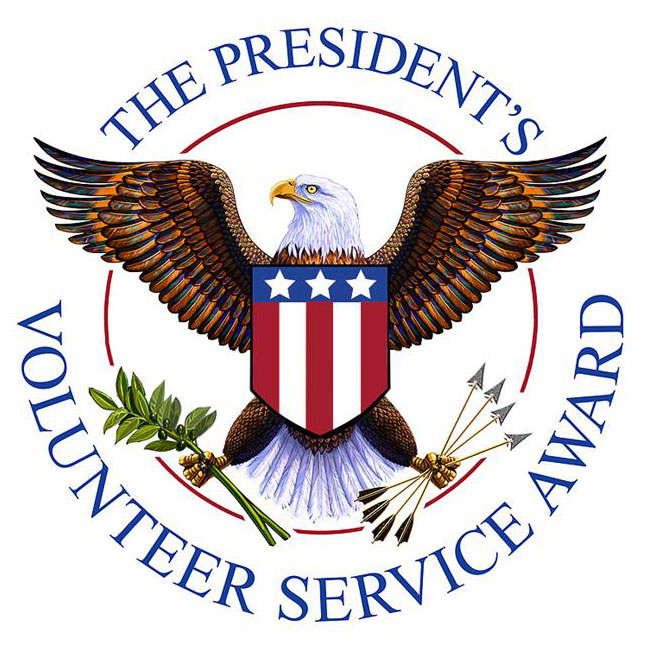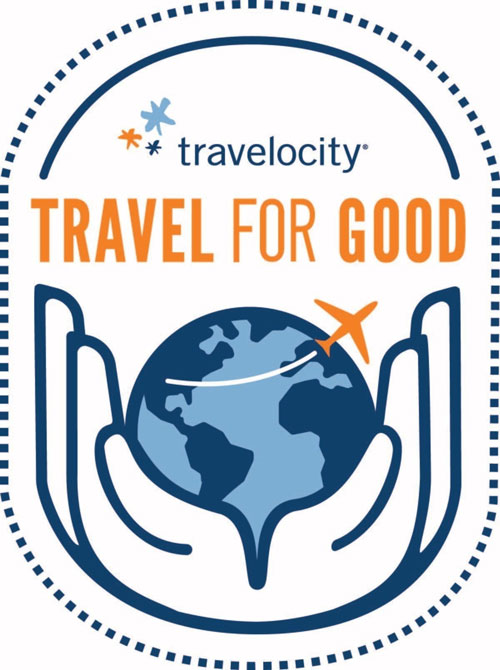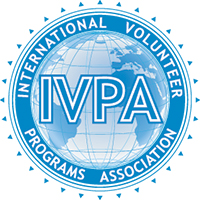
Helpful Holidays
With summer in full swing, leisure travel is high on the to-do list, but some vacationers are doing good while they get away.
“Following the terrorist attacks of September 2001, there was a realization upon the part of many Americans that we were not isolated from the rest of the world. As a result, a whole new generation of ‘hands-on helpers’ quickly emerged,” says Kimberly Haley-Coleman, executive committee member of the International Volunteer Programs Association (IVPA), an alliance of non-profit, non-governmental organizations involved in international volunteer and internship exchanges based in North Bergen, New Jersey. She also acknowledged that interest in volunteer vacationing increased markedly following the devastating tsunami in December of 2004 and the catastrophic Kashmir earthquake ten months later, adding, “This type of activity reflects not only a different outlook toward the world, but a changing attitude about travel.”Says Jeanne Brown, a Long Beach resident who has participated in four trips with Global Volunteers, a not-for-profit organization based in St. Paul, “It’s time to give back. We all have too much.” Brown has worked on the Blackfoot Reservation in Montana, and also traveled to Minnesota and to Beards Fork, West Virginia, deep in Appalachia, where she and others on her trip helped a coal-mining community build and repair homes.
“It’s a test of yourself—to see who you can get along with, and what really bothers you, and what’s really important,” Brown says.
Trip Roster
“Traveling for good” is most definitely a growing trend. According to the Travel Industry Association of America, more than 55 million Americans have traveled to other countries on vacations that included some form of volunteering. The growing desire to “give back” is also reflected in a U.S. Bureau of Labor Statistics study, which reported that nearly 30 percent of those 16 and older participated in some kind of community service project last year.
So what exactly is a volunteer vacation? There is no simple definition. Some volunteers work in remote mountain villages after traveling for miles by horseback, while others teach local children how to read and write English in the morning, before retiring to five-star oceanfront hotels on a tranquil Caribbean island. Despite this wide variation in activities, the goal is the same. “This type of travel is designed for people who want to become directly involved in the communities they visit so they can make a positive impact, not just act as observers,” Haley-Coleman says.
“I’ve always had this desire to be a foreign missionary,” says Nancy Murphy of West Hempstead. “I’ve always had this interest in traveling to far-off places. When you’re just a tourist you’re just looking but when you do this sort of thing, you become immersed in the community for a while, and it becomes like being part of the local scene. It’s very sustaining,” she says. “I guess I was looking for a little adventure,” Jeanne Brown laughs as she describes her experiences painting the reservation’s juvenile detention center and a “never-ending fence.” Brown’s work in Appalachia was more than adventurous; it was labor-intensive and included home repair, planting, spackling and painting, along with some daycare there and interaction with younger kids.
The U.S. government has also teamed with a number of organizations worldwide to expand opportunities for Americans to serve overseas. The campaign is led by Colin Powell and is part of an effort originated by the Brookings Institution, a center-left think tank in Washington D.C., to develop a new global approach to enhance security and promote national interests, while improving our standing in the world. “The idea is to promote ‘soft power’ instead of ‘hard power’ throughout the world,” says Haley-Coleman, who also serves as executive director of Globe Aware, a Dallas-based non-profit organization currently offering volunteer vacations in a number of underdeveloped locales.
A study released in April of last year by the Congressional Research Service (CRS), a public policy research arm of the United States Congress, vividly illustrates the exorbitant cost of having to rely upon military muscle alone to protect U.S. national interests. The study calculated that it costs an average of $361,000 annually to put a soldier, Marine, airman or sailor in Iraq or in the region. Needless to say, the soft-power approach of fostering goodwill by sending volunteer travelers abroad is significantly less expensive.
Here are some of the major players working hard to help foster that goodwill:
So if you’re looking for a way to help make the world a better place the next time you travel, maybe an “adventure in service” is just what you’re looking for.
Among the major players working hard to help foster that goodwill:
Globe Aware
This group offers volunteer vacations in Peru, Costa Rica, Thailand, Cuba, Nepal, Brazil, Cambodia, Laos and Vietnam. One-week trips focus upon cultural awareness and sustainability, and are often compared to a “mini Peace Corps.” Globe Aware is a 501(c)(3) tax-exempt charity and all program costs, including the cost of airfare, are tax-deductible. No special skills or ability to speak a foreign language are needed. “Our trips are primarily designed for working professionals who can’t afford to take three weeks or more off at one time,” says Haley-Coleman. Costs vary depending upon the country visited and range from just over $1,000 to around $1,400 (exclusive of airfare).
Could You Be a Volunteer Vacationer?
The Answers to These Questions Will Help You Decide
If you’re wondering whether or not you’re a good candidate, most operators will tell you that there are so many options available that’s it’s more a question of finding the right program, one tailored to your skills and interests. Here are some questions you should ask yourself:
- What kind of conditions am I willing to live in?
- How long am I willing to give?
- What skills do I have to offer?
- How much can I afford?
Remember, the greatest need isn’t always the safest. There are war-torn countries in Africa desperate for help, but they’re not necessarily open to outsiders. Take the time to evaluate all your options. Here are some basic questions that you need to ask your tour operator when choosing which itinerary is best for you.
- Are the host organizations faith-based or secular?
- What is the level of interaction that you will have with local residents?
- How much guidance and supervision will I receive?
- What type of physical labor/strenuous activity is involved?
- Is there a backup plan in case of an emergency?
(If you’re staying in a secluded mountain village in the Andes, you need to know what happens if you break your leg.) - What exactly is included in the price?
- Do you offer travel insurance?
- How much free time will there be and what types of sightseeing options are there?
- What types of immunizations are required?
- What is the climate?
- How safe is the locale?
- What percentage of the trip is tax- deductible?
